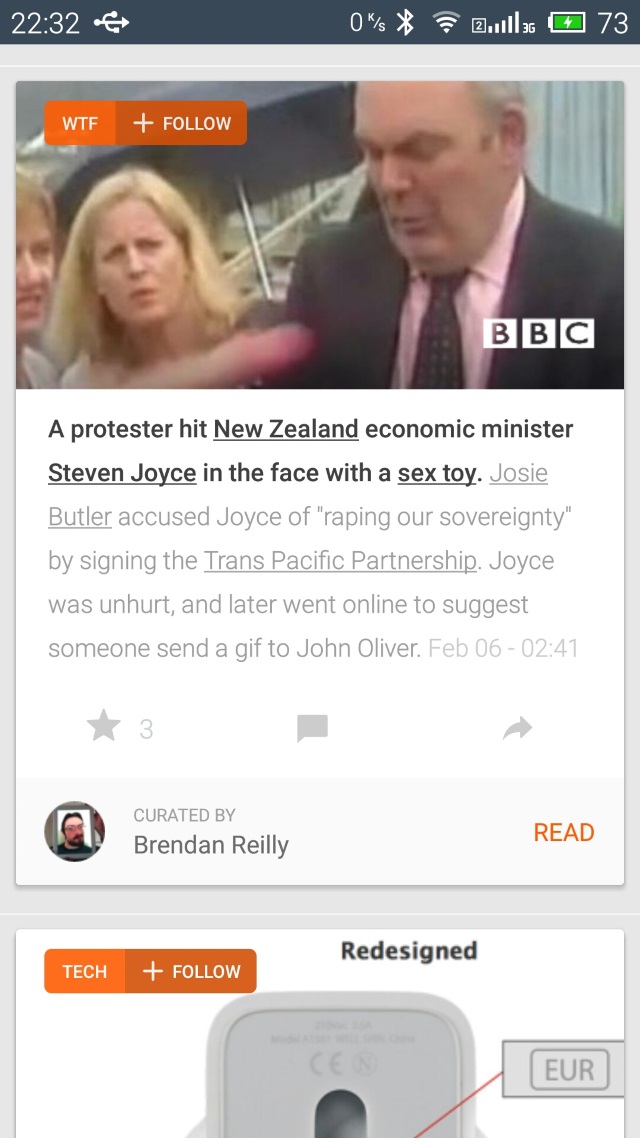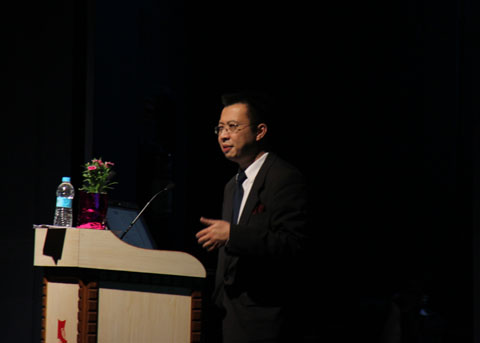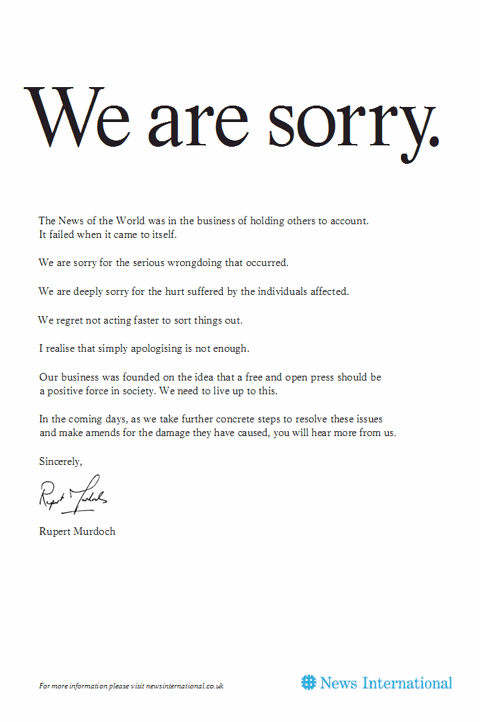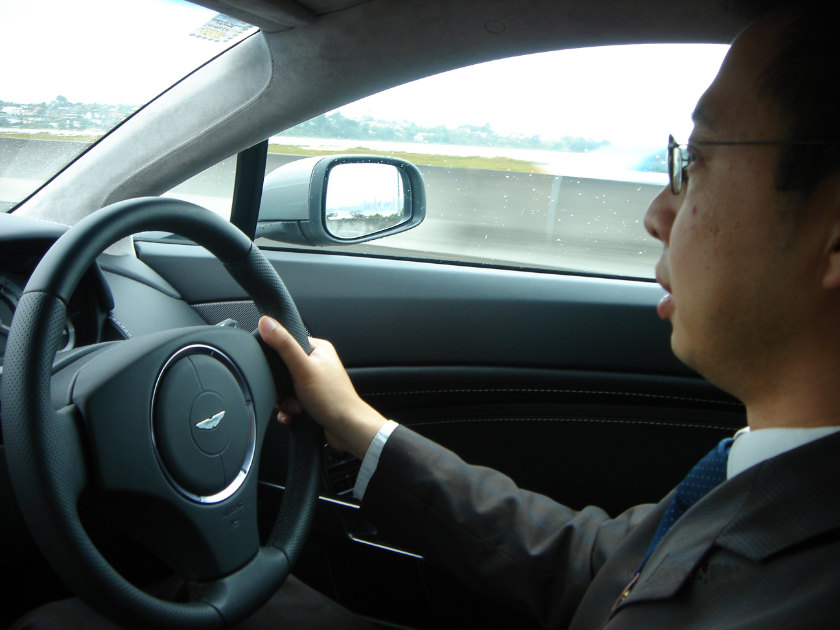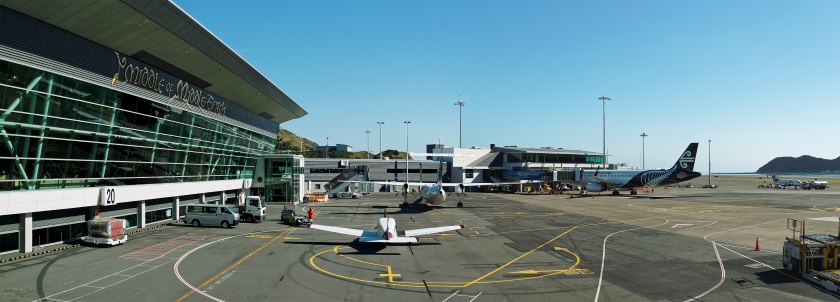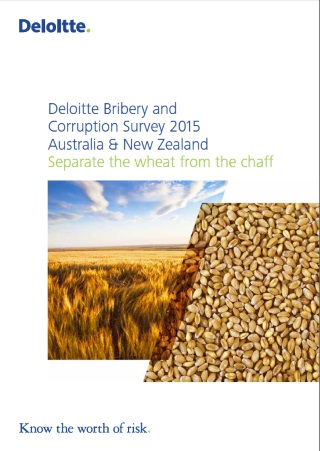 Deloitte has published a report on the increasing corruption in Australia and New Zealand, which Fairfax’s Stuff website reported on today.
Deloitte has published a report on the increasing corruption in Australia and New Zealand, which Fairfax’s Stuff website reported on today.
Its opening paragraph: ‘An increase in bribery and corruption tarnishing New Zealand’s ethical image may be due to an influx of migrants from countries where such practices are normal.’
The problem: I’m struggling to find any such link in Deloitte’s report.
The article paraphrases Deloitte’s Ian Tuke perhaps to justify that opening paragraph: ‘Tuke said one working theory explaining the rise was the influx of migrants from countries such as China, which are in the red zone on Transparency International’s index of perceived corruption,’ but otherwise, the report makes no such connection.
The real culprit, based on my own reading of the report, is the lack of knowledge by Australians and New Zealanders over what is acceptable under our laws.
Yet again I see the Chinese become a far bigger target of blame than the source suggests, when we should be cleaning our own doorstep first.
The Deloitte report acknowledges that there is indeed a high level of corruption in China, Indonesia, India and other countries, making this a big warning for those of us who choose to extend our businesses there. It’s not migration to New Zealand that’s an issue: it’s our choosing to go into these countries with our own operations.
It would be foolhardy, however, for an article in the business section to tell Kiwis to stop exporting.
But equally foolhardy is shifting the blame for a problem that New Zealand really needs to tackle—and which we are more than capable of tackling.
The fact is: if we Kiwis were so clean, we’d uphold our own standards, regardless of what foreign practices were. Our political leaders also wouldn’t confuse the issue with, say, what happened at Oravida.
When faced with a choice of paying a kickback or not in the mid-2000s when dealing in eastern Europe, our people chose to stay clean—and we lost a lot of money in the process.
To me they did the right thing, and I credit less my own intervention and more the culture we had instilled.
Hong Kong cleaned up its act in the 1970s with the ICAC, and I have said for decades (since the Labour asset sales of the 1980s) that New Zealand would do well in following such an example. Why haven’t we?
Perhaps if we stopped shifting the blame and followed the recommendations in the Deloitte report, including shifting corporate cultures and instigating more rigorous checks, we can restore our top ranking in those Transparency International reports. But this has to be our choice, not a case where we are blaming migrants, for which there is little support in this very reasonable report.
